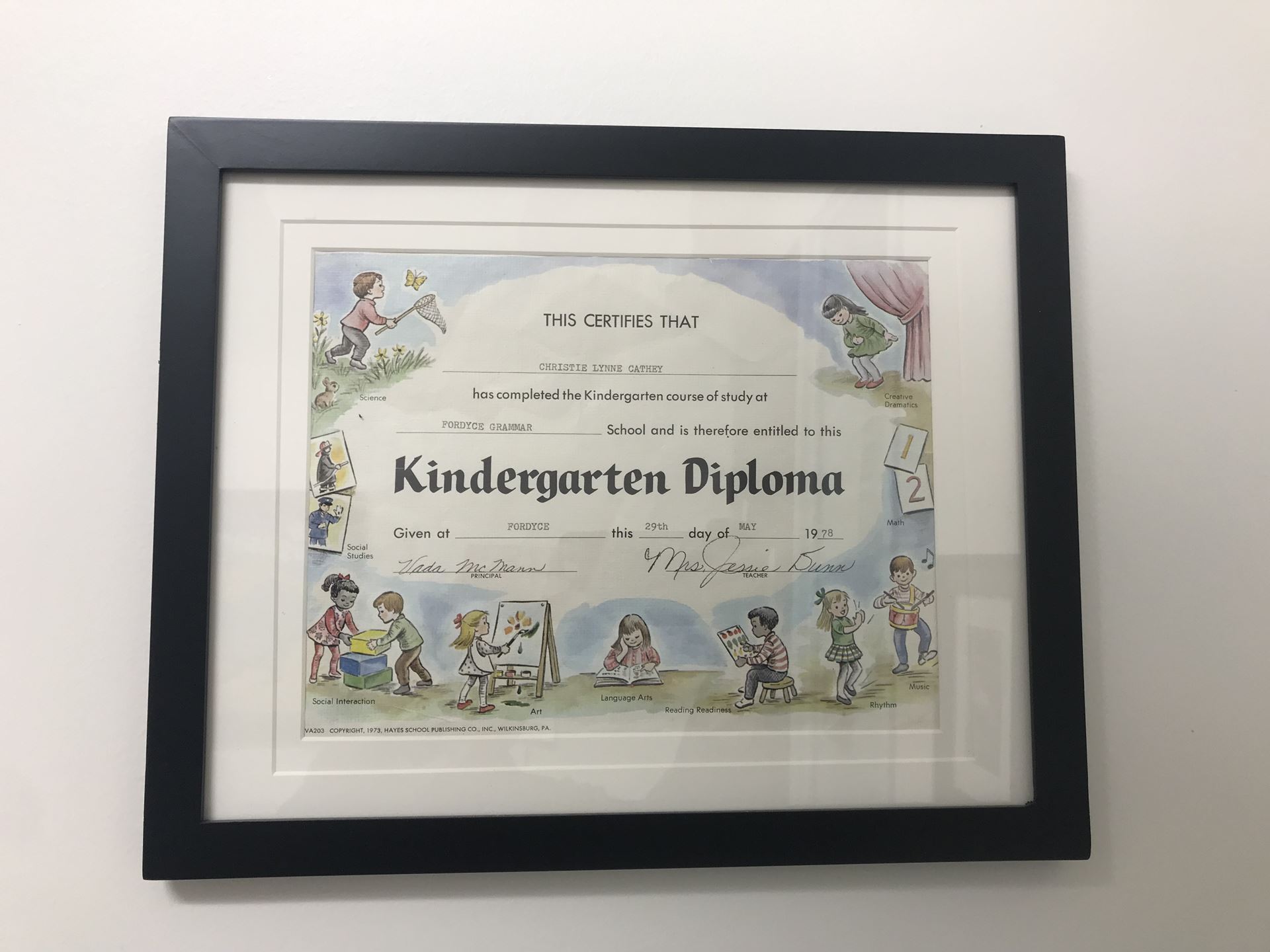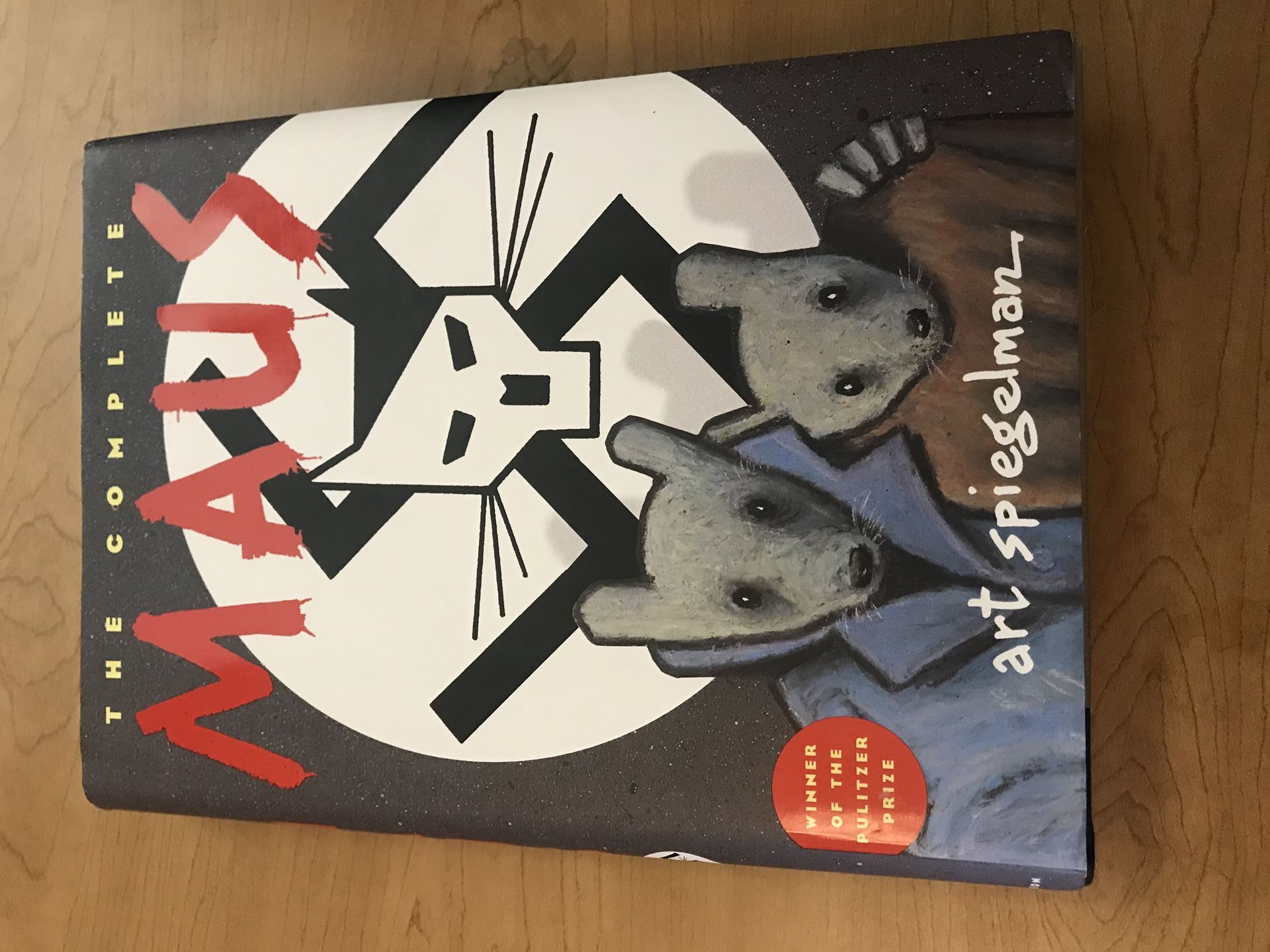.jpg) School name: Missouri State University
School name: Missouri State University
Type of school: public four-year with approximately 20,000 students
School locale (including state and country): Springfield, Missouri, USA
How many years have you taught psychology? It’s been 20 years since I finished my PhD and got my first teaching position, but I feel like I just started. Time flies!
Classes you teach: I’ve taught a wide variety of classes in the past, including Social, Personality, Statistics, Research Methods, Women and Gender, and Cultural Psychology, but for the past nine years, my focus has been exclusively on Introductory Psychology. I’m also an instructor of our Teaching of Psychology course, which is designed to train the undergraduate psychology majors who assist with the Intro course.
Specialization (if applicable): e.g. clinical, cognitive, teaching, etc. Social
Average class size: 330 in Introductory Psychology
What’s the best advice about teaching you’ve ever received? “Allow your classroom to double as your research lab.” I can’t point to one single person who told me this bit of advice, but it’s something I’ve heard over and over from STPeeps over the years. My SoTL work has definitely made my teaching more effective, and it’s helped a ton with my research productivity, so I’m really grateful for that advice!
What book or article has shaped your work as a psychology teacher? Twenty years ago, my friend from grad school, Angela Walker, (now at Quinnepiac University) gave me a copy of The Teaching of Psychology: Essays in Honor of Wibert J. McKeachie and Charles L. Brewer edited by Steve Davis and Bill Buskist. I loved that book, and it was the first I ever read that was written by people in the STP world. It made me want to strive to be a master teacher and it gave me a sense of how to do that.
Briefly tell us about your favorite lecture topic or course to teach. These days, I love teaching students about research from the field of positive psychology. We have such a strong belief in our culture that our happiness and well-being are dependent on our life situation (what sort of job we have, how much money we make, who our partner is, what our health is like, etc.), so I love presenting research that shows that those sorts of external situations account for just a small bit of our overall level of happiness and that there are loads of simple, intentional behaviors we can engage in that can make a big difference in how happy we feel. I think students need this stuff now more than ever.
Briefly describe a favorite assignment or in-class activity. I developed a class demonstration on top-down versus bottom-up processing that uses backmasking. It’s so much fun and it helps students really understand this difficult concept. I first play a backward clip of a song for the class and ask them if they hear the hidden message. They don’t (that’s their experience with bottom-up processing). I then play the same clip, but I show them the purported hidden message as they listen. Now they hear the message, and they understand that that’s top-down processing. I did this demo at NITOP several years ago and shared a handout that describes how to do the demo and that has a link to my slides. If you’re interested in trying it out, it’s here.
What teaching and learning techniques work best for you? I teach massive sections of Introductory Psychology (330 students), so I find using clickers really useful for checking in to see how well students are understanding the concepts we’re covering in class. When a lot of students miss a particular question, I ask them to talk to the person next to them about the question, and then I re-poll. The percentage of correct responses almost always goes way up. Peer instruction is fantastic stuff!
What’s your workspace like? I have a tiny office with no windows, but I love it. I’m now 99% paperless, so my workspace is wonderfully uncluttered as a result. I cherish good lighting, so I keep the terrible fluorescent lights turned off and use lots of lamps. My walls are covered with posters I found while traveling, funny pictures of my kids, and my kindergarten diploma (my mother kept everything).
Three words that best describe your teaching style. Enthusiastic, down-to-earth, and caring
 What is your teaching philosophy in 8 words or fewer? “I believe the children are our future.” I’m kidding! Whitney Houston always sings in my head when I’m tasked with writing a teaching philosophy. Here’s the real one: “Show students you care about them as individuals.”
What is your teaching philosophy in 8 words or fewer? “I believe the children are our future.” I’m kidding! Whitney Houston always sings in my head when I’m tasked with writing a teaching philosophy. Here’s the real one: “Show students you care about them as individuals.”
Tell us about a teaching disaster (or embarrassment) you’ve had and how you dealt with the situation. The first class I taught independently was in my third year of grad school. It was a 50-minute, M/W/F Social Psychology course. I fully prepped my first three lectures before the semester started and I felt like I was really on top of things. I showed up that first Monday and made it through my first set of lecture notes in 20 minutes. By the end of class, I’d gone through all three class preps and still had time to spare. It took a long time for me to learn how to slow down and pace myself. I’m now really good at knowing exactly how much material to prep for a given amount of time, but that didn’t happen overnight.
What about teaching do you find most enjoyable? I love doing research with undergraduate students more than anything. When I was an undergraduate myself, learning about research and getting to conduct my own studies was by far the very best part of being a psychology major, so I really enjoy sharing that experience with students. My undergraduate research lab members are amazing students, and our lab meetings are the most fun, creative time of my work week!
What is something your students would be surprised to learn about you? I get grumpy. Students always assume that the behaviors they see from us in class are reflective of what we’re like all the time - textbook fundamental attribution error. I have a carefully curated, very bubbly, very enthusiastic persona in the classroom. Students frequently comment about my constant positive mood, and my daughters laugh and laugh when I tell them this. I can grump like the best of ‘em, but I’ll never let my students see that side of me!
 What are you currently reading for pleasure? I just finished Maus by Art Speigleman. I ordered it months ago when it was in the news for being banned by a Tennessee school board and I finally started reading it last week. It’s a truly great, Pulitzer Prize winning graphic novel and sadly, it’s an incredibly timely read right now.
What are you currently reading for pleasure? I just finished Maus by Art Speigleman. I ordered it months ago when it was in the news for being banned by a Tennessee school board and I finally started reading it last week. It’s a truly great, Pulitzer Prize winning graphic novel and sadly, it’s an incredibly timely read right now.
What tech tool could you not live without? I can’t imagine life without YouCanBookMe. Students use it to sign up for meetings during my office hours. It’s been a real game-changer and saves so much time and back-and-forth emailing. I’m indebted to the great Sue Franz for introducing me to this tool in one of her conference tech talks many years ago.
What is your hallway chatter like? What do you talk to colleagues about most (whether or not it is related to teaching/school)? Offspring! Many of my colleagues have children around the same age as mine (my daughters are 13 and 16), so a lot of our hallway chatter involves sharing stories from the frontlines of parenting teenagers. I also have a number of colleagues with toddlers and preschoolers, and though I always tell them it gets easier, I don’t really believe that’s true. I consider that to be an acceptable (and humane) deception, though
Has your teaching changed because of the Covid19 pandemic? Our Introductory Psychology instructional team had to make a lot of Covid19-related adjustments to the course. For example, we moved exams online and we dropped class participation from our grading scheme. We plan to go back to our pre-pandemic class structure in the fall of 2022, and I can’t wait. That said, I’m not sure things will be exactly as they were before just because our syllabi go back to normal. I suspect most college instructors will continue to see effects of the pandemic on students’ mental health and academic performance for a long time. Fortunately, I think those of us who teach psychology are in a unique position to incorporate best practices from our field to help students overcome these setbacks. Collectively, we’ve all been through a lot, so it’s going to take time and a lot of thoughtful effort to help everyone get back on their feet.
PSYCHSESSIONS: listen to Cathy discuss introductory psychology with Garth! E138: Christie Cathey: Introductory Psychology Expert, Teacher of Teachers, Understanding Self Through Multicultural Lens
